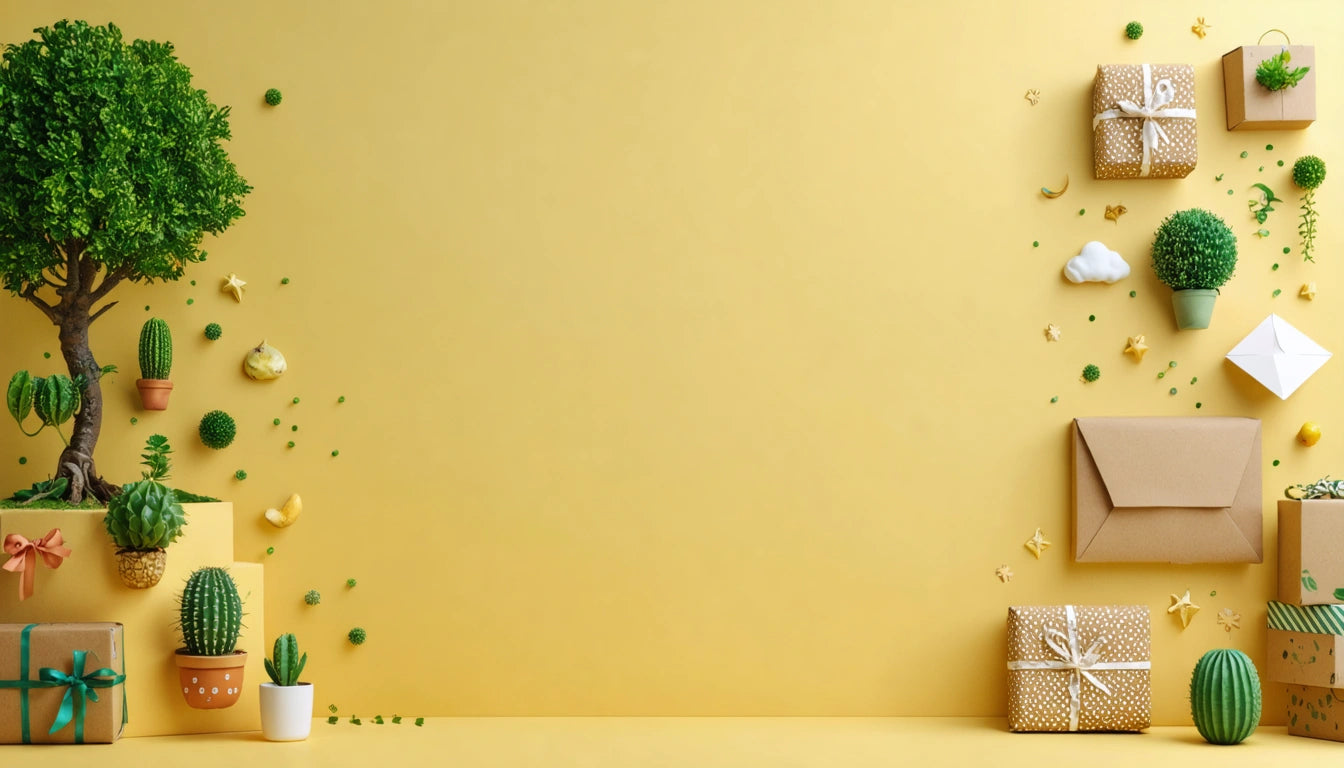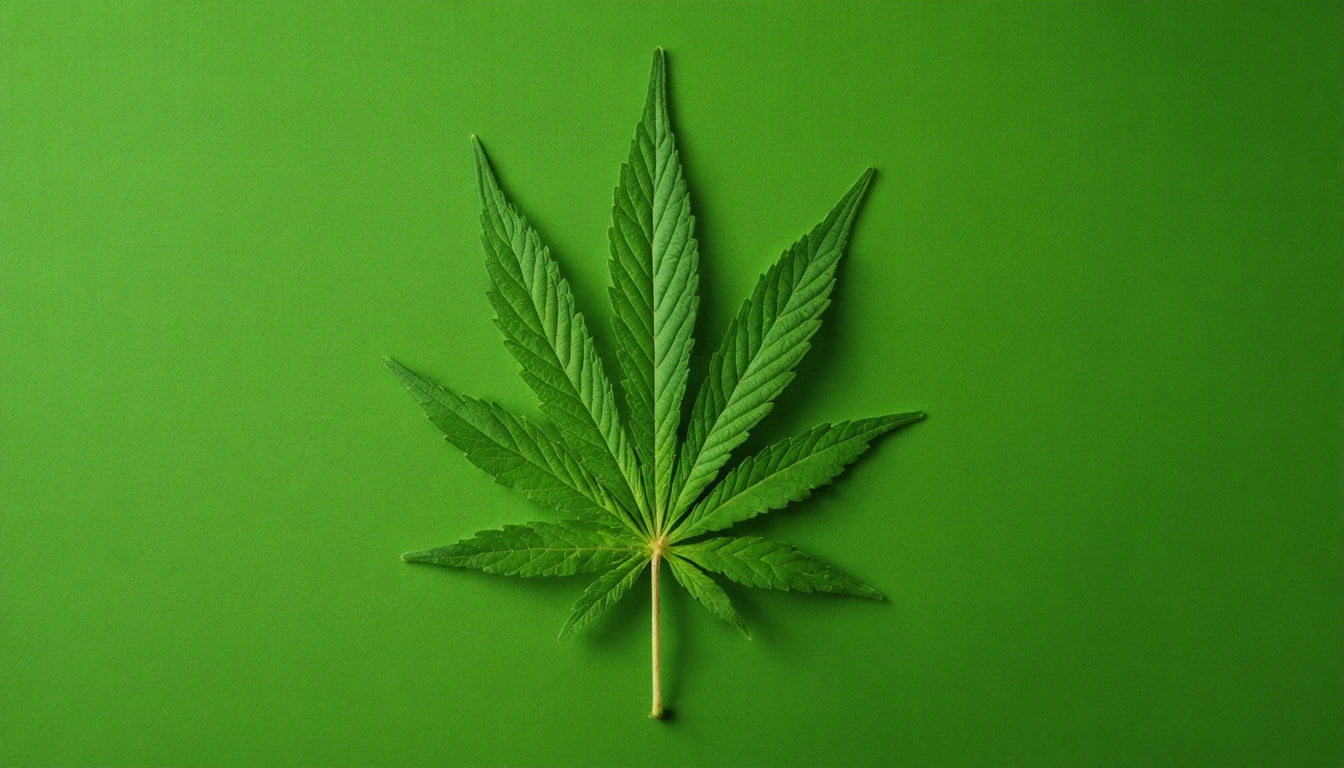Table of Contents
- The Importance of Packaging Design in Brand Identity
- Best Packaging Materials for Different Product Categories
- Innovative Packaging Design Trends Shaping Consumer Perception
- Sustainable Packaging Solutions for Modern Brands
- How to Choose the Right Packaging for Your Product
- Packaging Strategy Recommendations for Brand Success
Top Packaging Designs and Materials: A Guide to the Best in Branding and Product Presentation
Packaging serves as the first physical interaction between consumers and products, making it a crucial element in brand communication and product protection. The best packaging designs balance functionality, aesthetics, sustainability, and brand messaging to create memorable customer experiences.
The Importance of Packaging Design in Brand Identity
Effective packaging does more than contain a product. It communicates brand values, creates shelf presence, and influences purchasing decisions. Brands with the best packaging understand that their packaging is an extension of their product experience.
According to industry research, consumers make judgments about a product within 7 seconds of seeing it, making the visual impact of packaging design critical to success. The best brand packaging creates an emotional connection through thoughtful design elements, color psychology, and material selection.
Elements of Successful Packaging Design
- Clear brand identity and messaging
- Structural integrity appropriate for the product
- Visual appeal that stands out on shelves
- Functional design that enhances user experience
- Sustainability considerations
Best Packaging Materials for Different Product Categories
The best packaging material varies significantly by product category, with each material offering unique benefits for protection, presentation, and sustainability.
Food and Beverage Packaging
When considering the best food packaging material, manufacturers must balance preservation needs with environmental impact. Glass provides excellent barrier properties for liquids but adds weight during shipping. Modified atmosphere packaging extends shelf life for perishables, while high-barrier mylar bags provide exceptional protection for bulk food items while maintaining freshness through their oxygen and moisture resistance properties.
Cosmetic and Beauty Packaging
The best cosmetic packaging often incorporates premium materials like glass, metal accents, and soft-touch finishes to convey luxury. Airless pumps preserve product integrity for sensitive formulations, while sustainable options like bamboo caps and recycled plastics appeal to eco-conscious consumers.
Electronics and Consumer Goods
Protective materials like molded pulp, corrugated inserts, and anti-static wrapping represent the best product packaging design for electronics. These materials provide cushioning while maintaining a premium unboxing experience that many tech brands prioritize.
Custom packaging that perfectly fits your product not only provides better protection but can reduce material waste by up to 40% compared to standard packaging solutions.
Innovative Packaging Design Trends Shaping Consumer Perception
Innovation in packaging continues to evolve as brands seek to differentiate themselves and meet changing consumer expectations. Current packaging trends reveal a shift toward interactive, personalized experiences.
Smart Packaging Technologies
QR codes, NFC tags, and augmented reality features transform passive packaging into interactive brand experiences. These technologies allow for product authentication, usage instructions, and brand storytelling beyond the physical constraints of the package.
Minimalist Design Approaches
Some of the best packaging brands embrace minimalism, using clean lines, limited color palettes, and simplified typography to create sophisticated, timeless designs that stand out in cluttered retail environments.
Sustainable Packaging Solutions for Modern Brands
Sustainability has become non-negotiable for modern packaging design. The future of sustainable packaging includes innovative materials and thoughtful design approaches that minimize environmental impact.
Eco-Friendly Materials
Biodegradable polymers, plant-based plastics, and recycled content represent the best packing material options for environmentally conscious brands. These materials reduce reliance on virgin plastics while maintaining necessary protective properties.
Reusable and Refillable Systems
The best fragrance packaging and luxury goods often incorporate refillable components, allowing consumers to replenish products without discarding the primary container. This approach reduces waste while building brand loyalty through repeated interactions.
How to Choose the Right Packaging for Your Product
Selecting optimal packaging requires balancing multiple factors including product requirements, brand positioning, budget constraints, and sustainability goals.
Product Protection Requirements
Consider the physical and chemical properties of your product. Does it need barrier protection from oxygen, moisture, or light? Is it fragile and requiring cushioning? The best supplement packaging, for example, must protect contents from degradation while maintaining compliance with regulatory requirements.
Brand Alignment and Differentiation
Your packaging should reflect your brand's personality and values. Custom packaging design allows for unique structures, finishes, and graphics that differentiate your product from competitors.
Budget Considerations
While premium packaging can elevate perception, it must align with your price point and margins. Cost-effective packaging ideas can help small businesses achieve professional results without excessive investment.
Packaging Strategy Recommendations for Brand Success
To maximize the impact of your packaging design, consider these strategic approaches that successful brands implement:
- Invest in consumer research to understand preferences and pain points with existing packaging in your category
- Develop a cohesive packaging system that works across product lines while maintaining brand consistency
- Balance innovation with practicality, ensuring creative designs don't compromise functionality
- Consider the entire lifecycle of your packaging from production through disposal or recycling
- Test packaging prototypes with actual users before full production to identify improvements
The best packaging creates a memorable brand experience while solving real consumer needs. By thoughtfully considering materials, design elements, sustainability, and practical requirements, brands can develop packaging that serves as a powerful marketing tool and competitive advantage in today's crowded marketplace.











Leave a comment
All comments are moderated before being published.
This site is protected by hCaptcha and the hCaptcha Privacy Policy and Terms of Service apply.